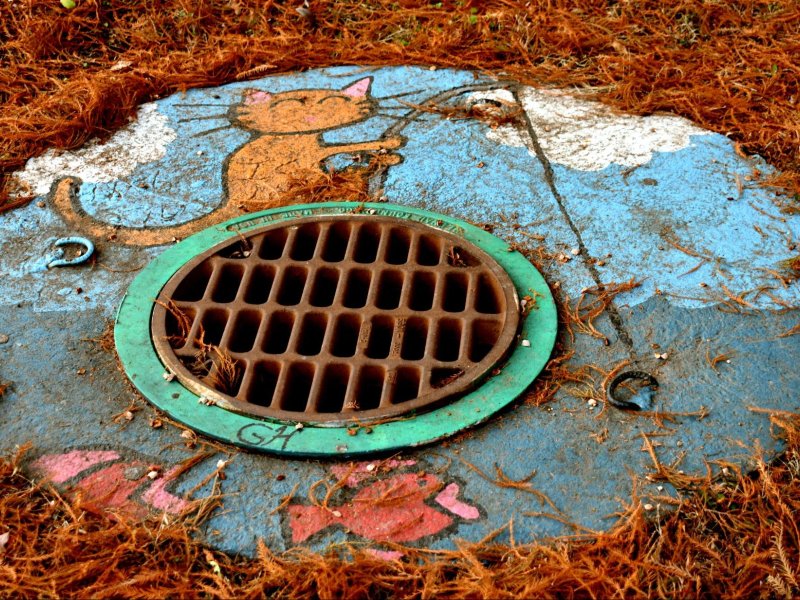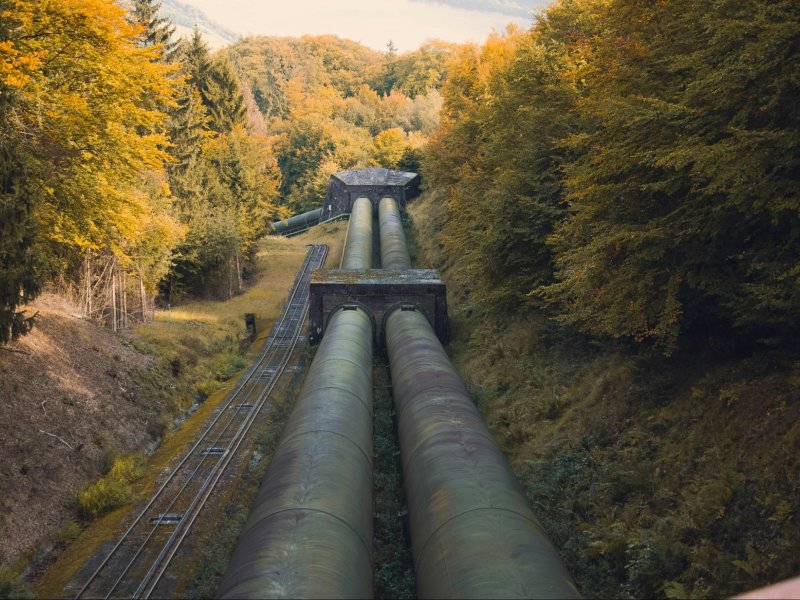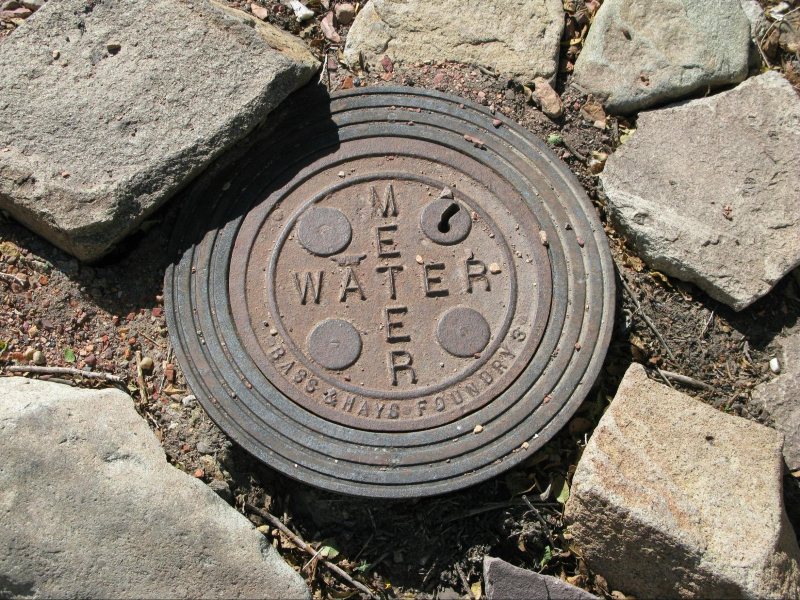Your home’s sewer system is vital to maintaining a healthy and functional living environment. However, because most of the system is hidden underground, problems often go unnoticed until they become major issues. Regular sewer inspections are critical to preventing costly repairs and ensuring your plumbing system runs smoothly.
Here are the key signs that indicate you may need a sewer inspection:
Frequent Drain Clogs
- Occasional clogs are common, but if you’re experiencing frequent blockages across multiple drains in your home, it could be a sign of a larger issue within your sewer line. Problems like tree root intrusion, grease buildup, or foreign objects can obstruct the flow of wastewater, causing recurring clogs.
- What to watch for: Slow-draining sinks, tubs, or toilets that don’t clear even after plunging or using drain cleaners.
Slow Draining in Multiple Fixtures
- If sinks, tubs, or showers across your home are draining slowly, the issue likely extends beyond a single pipe. This often points to a blockage in the main sewer line, which requires immediate attention.
- Why it matters: Delaying action can cause wastewater to back up into your home, creating an unsanitary and potentially hazardous situation.
Sewage Odors
- The smell of sewage inside or around your home is a major red flag. Sewer systems are designed to keep these odors contained. When you start noticing foul smells, it could indicate a crack or leak in the sewer line, allowing gases to escape.
- Where to check: Pay attention to odors near drains, toilets, your basement, or outside around your yard.
Unexplained Wet Spots in Your Yard
- Soggy patches or pooling water in your yard, especially when it hasn’t rained, could signal a water or sewer line leak. A broken or damaged sewer pipe allows wastewater to seep into the surrounding soil, creating wet spots or sinkholes.
- What to look for: Wet grass, lush growth in certain areas of your yard, or foul-smelling water pooling in unusual places.
Gurgling Noises in Drains
- Unusual sounds like gurgling or bubbling coming from your drains often indicate trapped air caused by a blockage in the sewer line.
- Common occurrences: You may hear these noises when running water or flushing the toilet.
Backed-Up Toilets or Drains
- A backed-up toilet is one of the clearest signs of a sewer issue, especially if plunging doesn’t resolve it. Backups in the lowest drains of your home, such as basement toilets or floor drains, are often the first indication of a sewer line problem.
- What to do: Stop using water immediately and call for a plumbing inspection inspection to prevent further damage.
Foundation Cracks or Shifts
- A damaged sewer line can cause the soil beneath your foundation to erode, leading to cracks or shifts in the structure. These structural issues can compromise the integrity of your home and result in expensive repairs.
- Where to inspect: Look for cracks in your foundation, uneven floors, or doors and windows that suddenly stick or don’t close properly.
Pest Infestations
- Rats, cockroaches, and other pests are attracted to sewer lines because they provide food and shelter. A damaged or cracked pipe can give these pests access to your home.
- Signs of infestation: Increased sightings of pests, droppings, or scratching sounds inside walls or floors.
Greener Grass in Specific Areas
- While healthy grass is desirable, patches of grass that are noticeably greener or grow faster than the rest of your yard may indicate a leaking sewer line. The nutrients from wastewater act as a fertilizer, causing this abnormal growth.
Mold or Mildew Growth Indoors
- If you notice mold or mildew in areas that are not typically exposed to moisture, such as walls or ceilings, it could be due to a hidden sewer leak. The excess humidity caused by leaking pipes creates the perfect environment for mold growth.
- Health concerns: Mold can cause respiratory problems, especially for individuals with allergies or asthma.
History of Sewer Problems
- If your home has a history of sewer issues or you’ve recently purchased an older property, it’s a good idea to schedule a proactive inspection. Aging sewer lines are more prone to cracking, corrosion, and root intrusion.
The Importance of Sewer Inspections
Sewer inspections are critical for diagnosing problems early and preventing extensive damage. Professional plumbers use advanced tools such as sewer cameras to assess the condition of your pipes without invasive digging. Here’s why regular inspections are beneficial:
- Prevention of Costly Repairs: Catching problems early, such as minor cracks or blockages, prevents them from escalating into expensive emergencies like complete line replacements.
- Accurate Diagnosis: A professional inspection can pinpoint the exact cause and location of the issue, ensuring targeted and cost-effective repairs.
- Peace of Mind: Knowing your sewer system is in good condition helps you avoid unexpected disruptions, especially during heavy rain or high water usage periods.
When to Schedule a Sewer Inspection
- Before buying or selling a home: A sewer inspection is essential to ensure the property’s plumbing system is in good condition.
- After noticing warning signs: If you experience any of the symptoms mentioned above, don’t delay—schedule an inspection right away.
- As part of routine maintenance: Older homes or properties with large trees nearby should undergo regular inspections every 1–3 years to prevent root intrusion and other age-related issues.
Conclusion
Your home’s sewer system plays a crucial role in maintaining a safe and functional living space. Recognizing the signs of potential problems, such as frequent clogs, slow drains, or unexplained wet spots, is key to preventing costly damage. By scheduling regular sewer inspections and addressing issues early, you can protect your home, save money, and ensure peace of mind.
Don’t wait until small issues turn into big disasters—if you notice any of the warning signs, contact a professional plumber to inspect your sewer system today.





